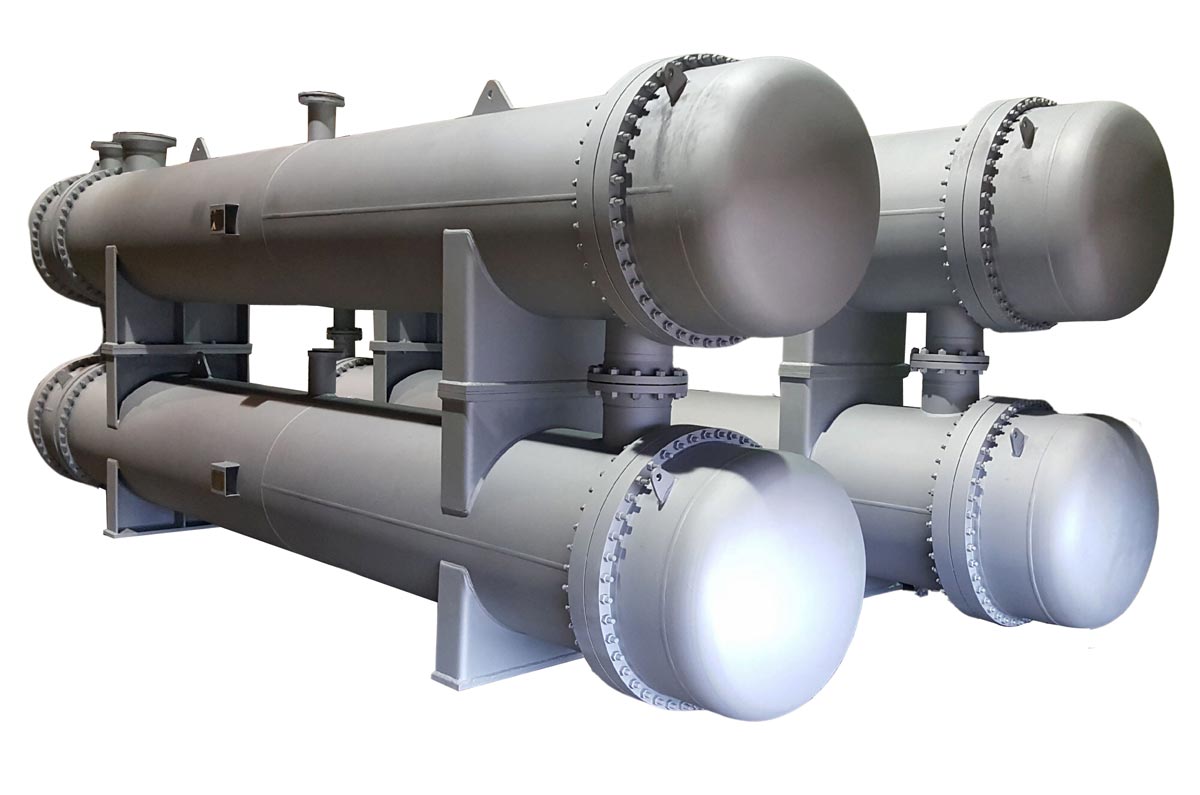The primary objective of the "Heat Exchanger Design" course is to equip participants with a comprehensive understanding of the principles, methodologies, and industry best practices involved in the design, selection, and specification of heat exchangers. Tailored specifically for professionals in mechanical static and package engineering, this course focuses on both the theoretical foundations and practical applications of heat exchanger design in process industries such as oil & gas, petrochemical, and power generation.
Participants will gain in-depth knowledge of various types of heat exchangers including shell-and-tube, plate, and air-cooled exchangers, with emphasis on thermal and mechanical design considerations, material selection, fouling factors, pressure drop, and design codes such as ASME and TEMA. The course will also cover the integration of heat exchangers into packaged systems, addressing layout constraints, operability, maintainability, and safety.
By the end of the course, professionals will be able to confidently interpret project specifications, perform basic design and rating calculations, evaluate vendor proposals, and contribute effectively to multidisciplinary project teams. This course bridges the gap between theoretical design and real-world engineering challenges, enhancing participants’ ability to deliver reliable and efficient heat exchanger solutions in complex industrial environments.
























